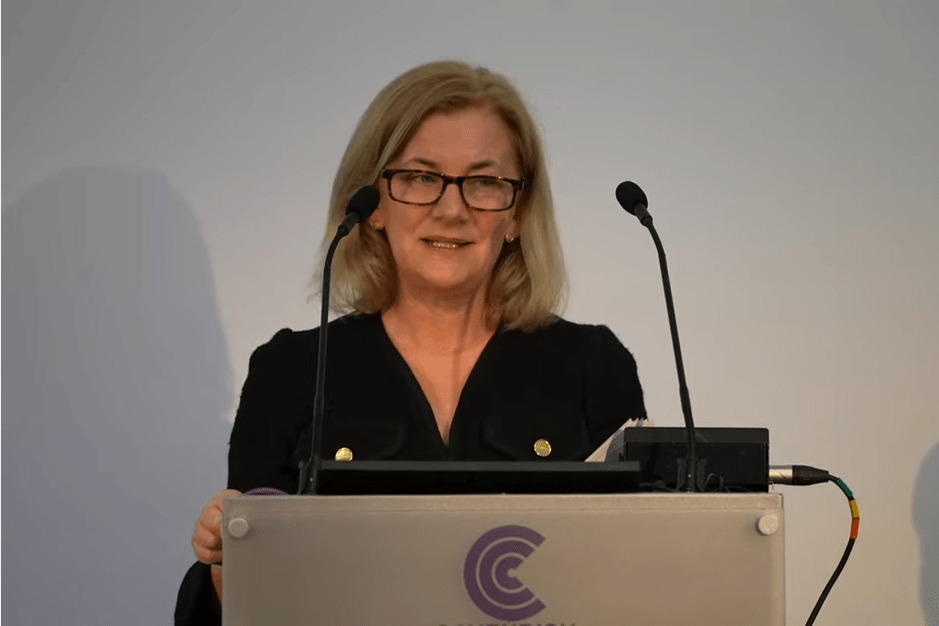Emily Sheppard, Chief Operating Officer at the FCA, spoke at the City & Financial Global 10th Annual Culture and Conduct in Financial Services Summit on Tuesday, about the importance of healthy firm cultures in the financial services industry. Here’s a summary of the main highlights.
Culture drives conduct
The FCA
Register for free to keep reading
To continue reading this article and unlock full access to GRIP, register now. You’ll enjoy free access to all content until our subscription service launches in early 2026.
- Unlimited access to industry insights
- Stay on top of key rules and regulatory changes with our Rules Navigator
- Ad-free experience with no distractions
- Regular podcasts from trusted external experts
- Fresh compliance and regulatory content every day













